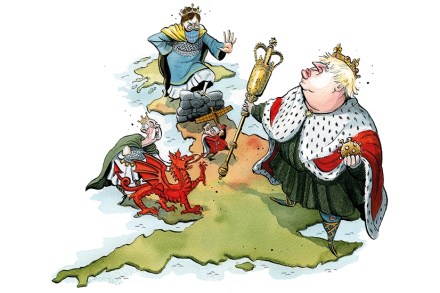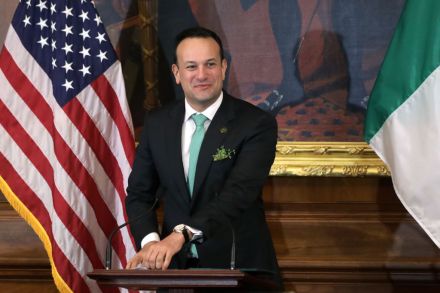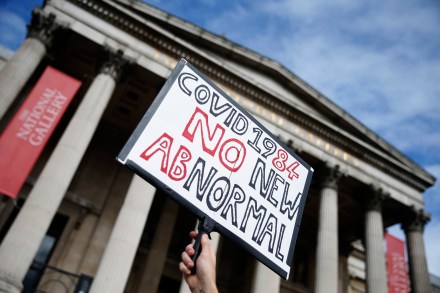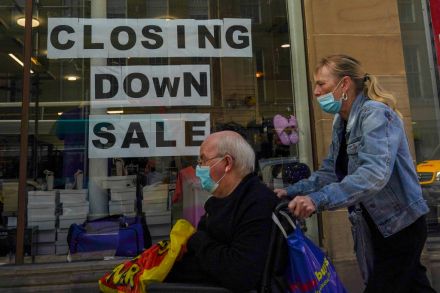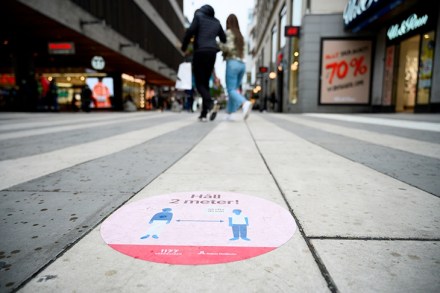All these lockdown puppies come at a price
‘Book H in for a colonoscopy at a private clinic,’ begins one entry in Sasha Swire’s enjoyable diaries about her husband (which she should have called What Hugo Did During Term-Time.) She accompanies him to his appointment — whether for juicy material or moral support, we are not told — and relates how the bored consultant bangs on in detail, not about her hubby’s bum, but about the time his pointer swallowed a budgie. ‘As for their fees, simply extortionate!’ the expensive consultant whines in conclusion of a ‘violent diatribe’ against our world-beating veterinarian profession. At this flagrant pot and kettling, Lady Swire flares up: ‘It’s a racket — not


